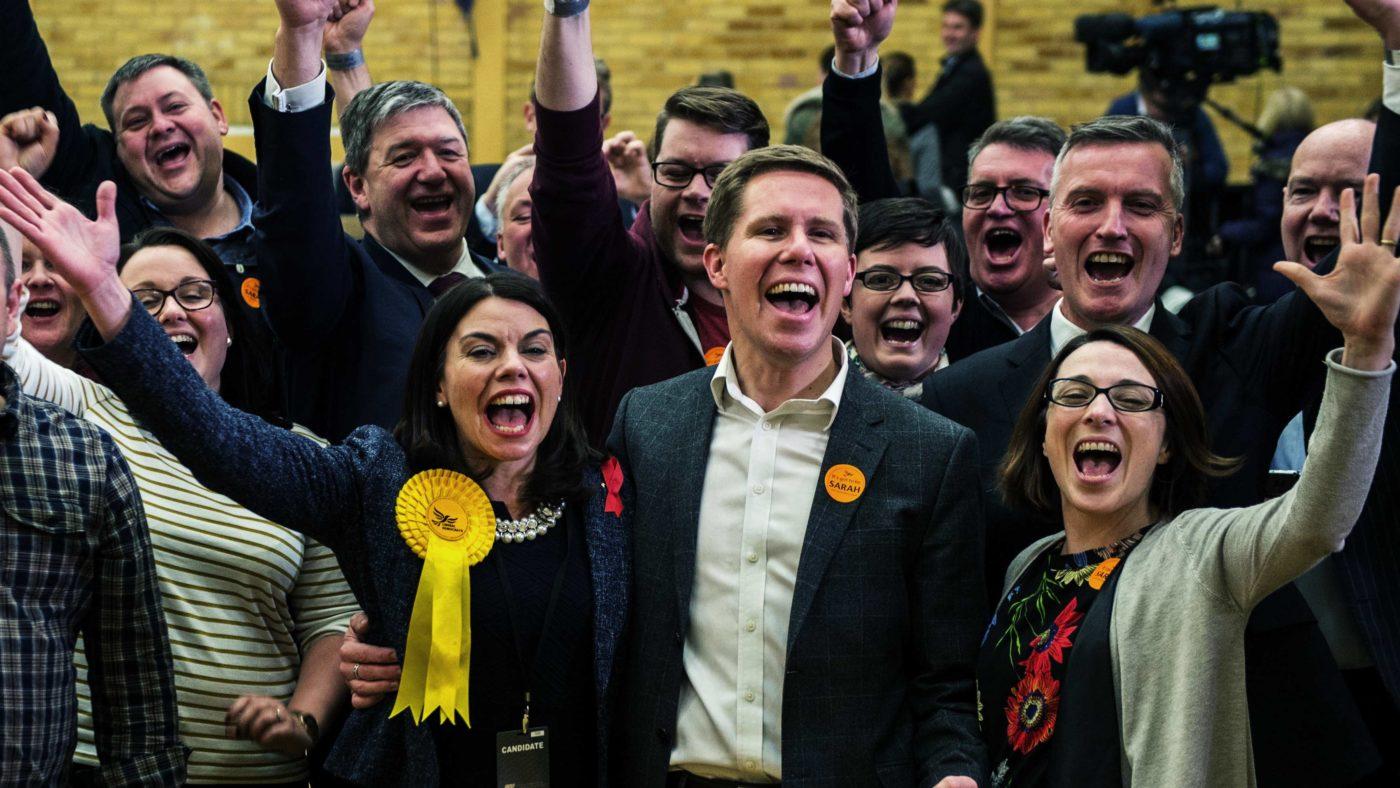I live right on the border of Richmond Park, the constituency where Zac Goldsmith (former Tory) just lost a by-election to Sarah Olney of the Lib Dems; I also spent the least four years promoting an independent plan for Heathrow (which Zac indicated he could possibly accept) so, I guessed this might happen.
It’s important to understand that for many people who voted Remain around here – and many did – it was not so much about free trade, but identity. Despite the EU’s flaws, they quietly believe that it stood for a special, post Second World War settlement based on collaboration and mutuality.
I remember after the Referendum on 23 June, South London went nuts. At least 70 per cent of people in this area, including many Tories, voted Remain and there was a great wailing and gnashing of teeth at the Leave victory. Facebook went into meltdown. People marched up to you and demanded: “How did you vote?” Book clubs broke up in acrimony. The angry banker’s wife became a phenomenon.
For these people, Brexit was enough of an upset. But then the Tory party conference – during which the Prime Minister attacked “citizens of the world”, Amber Rudd apparently threatened to name and shame firms which employ foreign workers, while backbenchers wanted to drum Mark Carney out of office – tipped them over the edge.
Furthermore, the good middle class of South London make another point. They say that Theresa May and her Government is not elected. They insist that there was no proper Tory leadership contest. Consequently the Government has no mandate to say these things. It lacks legitimacy.
Put that all together and Brexit has mutated in their eyes from being a movement of national renewal into an assault on cosmopolitan, liberal, market-oriented values. It feels emotional and personal.
Already, I can hear some Leavers thinking to themselves: “Hah, who cares what these Posh southerners think? The Referendum goes to show that there are millions of unnoticed voters left behind by globalisation who have risen up to turf out the Establishment.”
But they are mistaken. In fact, for three reasons, Richmond has the potential to upset the entire Government.
First, consider the Richmond Park-types. They themselves are also “millions of people”, many of whom voted Tory in 2010 and 2015 but who might be prepared to rise up and vote yellow next time.
In 2010, the The Lib Dems had 57 seats, scattered across the Home Counties, the West Country, University towns and the smarter areas of the Midlands and North.
The experience of Richmond Park implies that in every single one of those constituencies, Remain voters and the Lib Dems are mobilising, picking themselves up and readying for a fight.
Some of them may want to block Brexit. But mainly their concern is bigger than that: they are now engaged in a battle to save their values, their livelihoods and their country.
Second, Brexit is losing momentum. The chances are that the Government will lose the forthcoming Article 50 appeal. The Scottish have joined the chorus of dissent, chucking another oily spanner in the works. But even if the Government wins, the outcome will be the same: Brexit is going to have to be implemented by Parliament and the Tory majority just dropped to 13. It is going to struggle to get its business through. The possibility of a General Election is a continuous consideration.
Third, one needs also to understand that the Parliamentary Tory party only knows two modes: complacency and panic. Say what you like about David Cameron, but he cobbled together a system which welded the Tories into an election winning force. With the Lib Dems breathing down Tory necks again, the party risks reverting to a pre-Cameron state of neurosis and division.
It is, of course, possible to avoid such a thing happening. But that would mean the Prime Minister herself having to take a lead and to change. She needs to see Brexit as an opportunity, and instead of rubbing the nose of the cosmopolitan middle class in the anti-globalisation dirt, she has to adopt a more positive and outward looking tone.
The irony is that the Department of Exiting the European Union is doing exactly that. Judging by his public pronouncements that the UK could pay into the EU Budget for market access, and that any immigration rules must continue to let in both high and low-skilled workers, David Davis understands what needs to be done.
The other Brexiteers, Boris Johnson, Liam Fox and Michael Gove have the same beliefs. They want to steer us towards a pragmatic, Open Brexit based on free trade and strong institutions.
Surely, that is just the sort of state which the metropolitan middle class would embrace in the end? Yes. But only if they are listened to and spoken to in a language they appreciate and understand.


